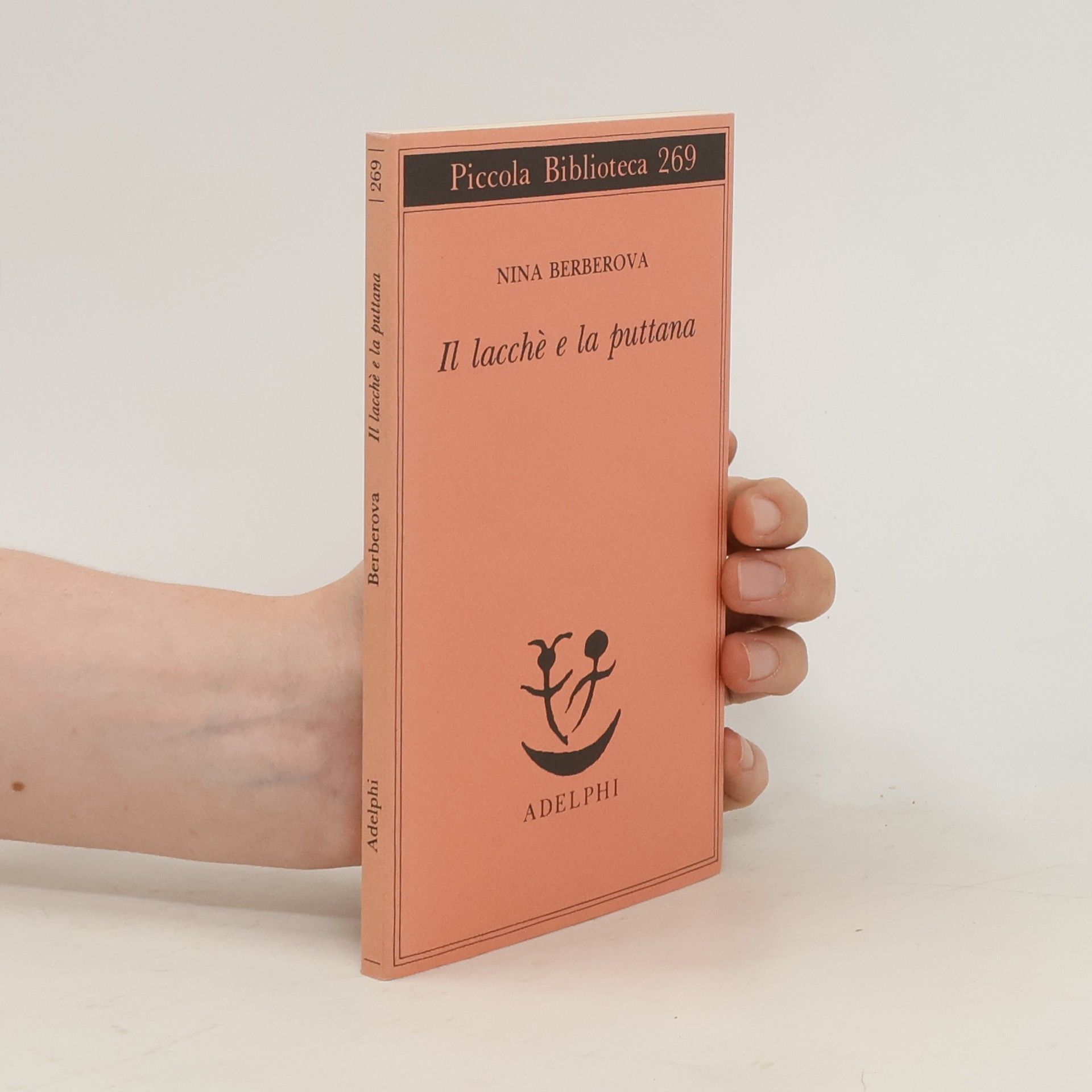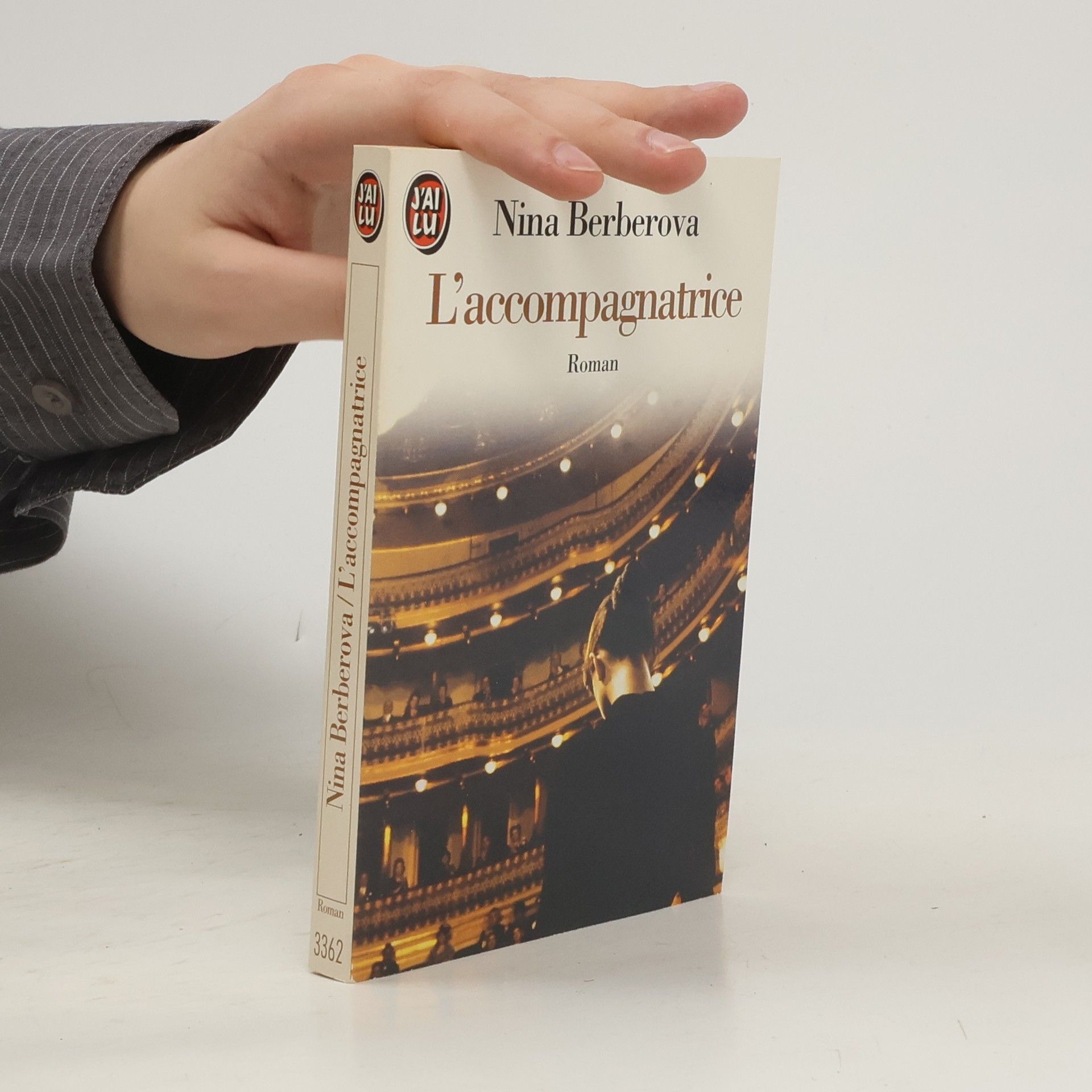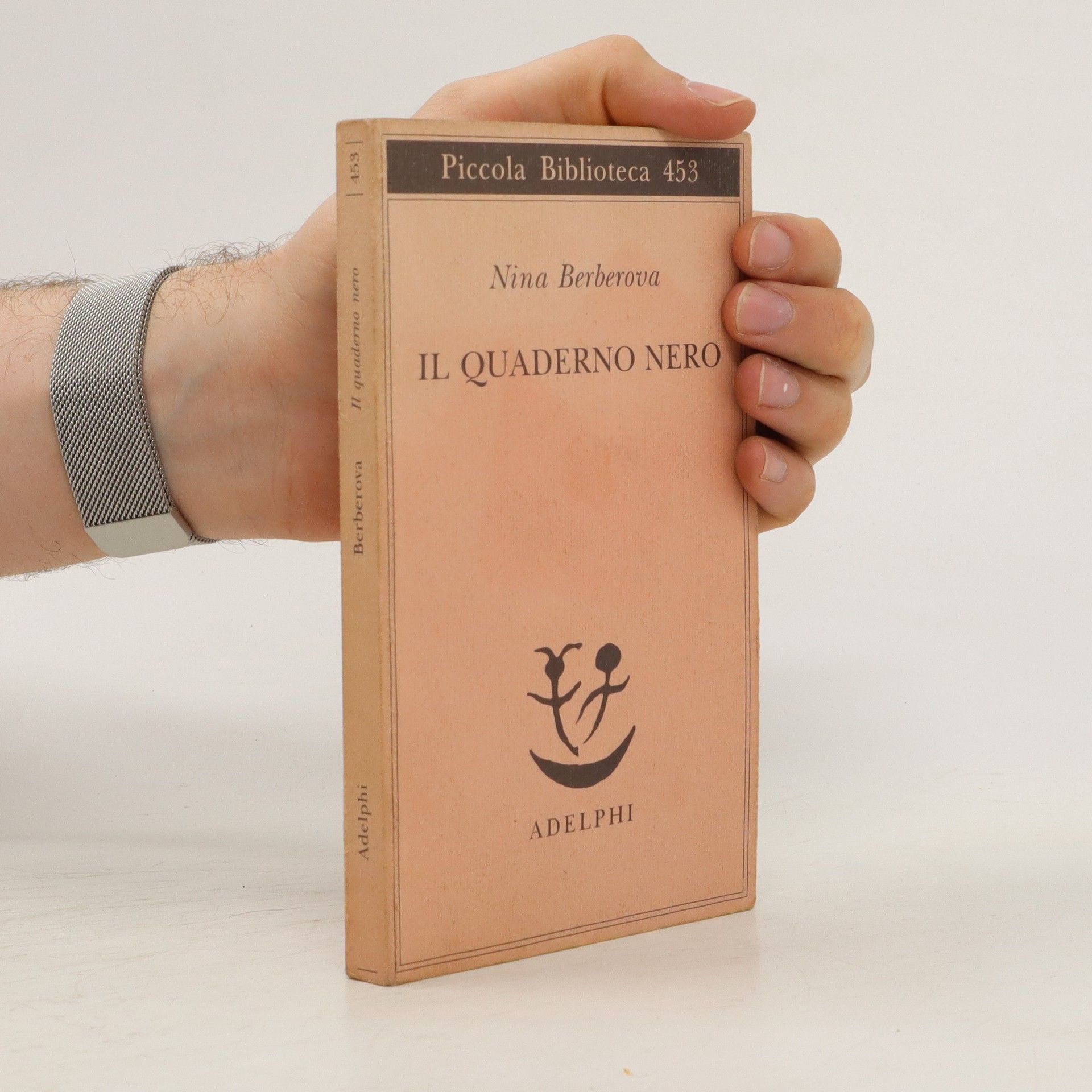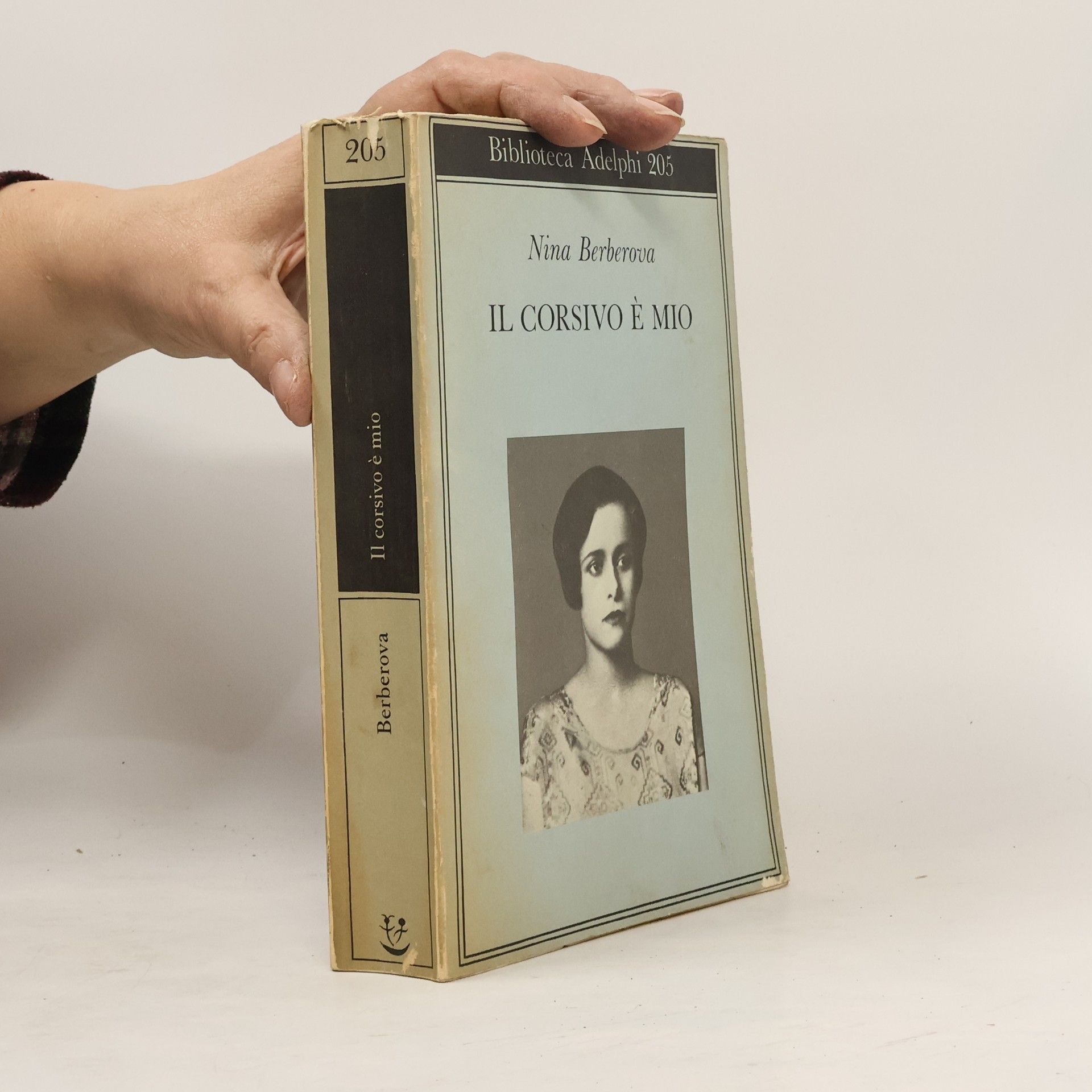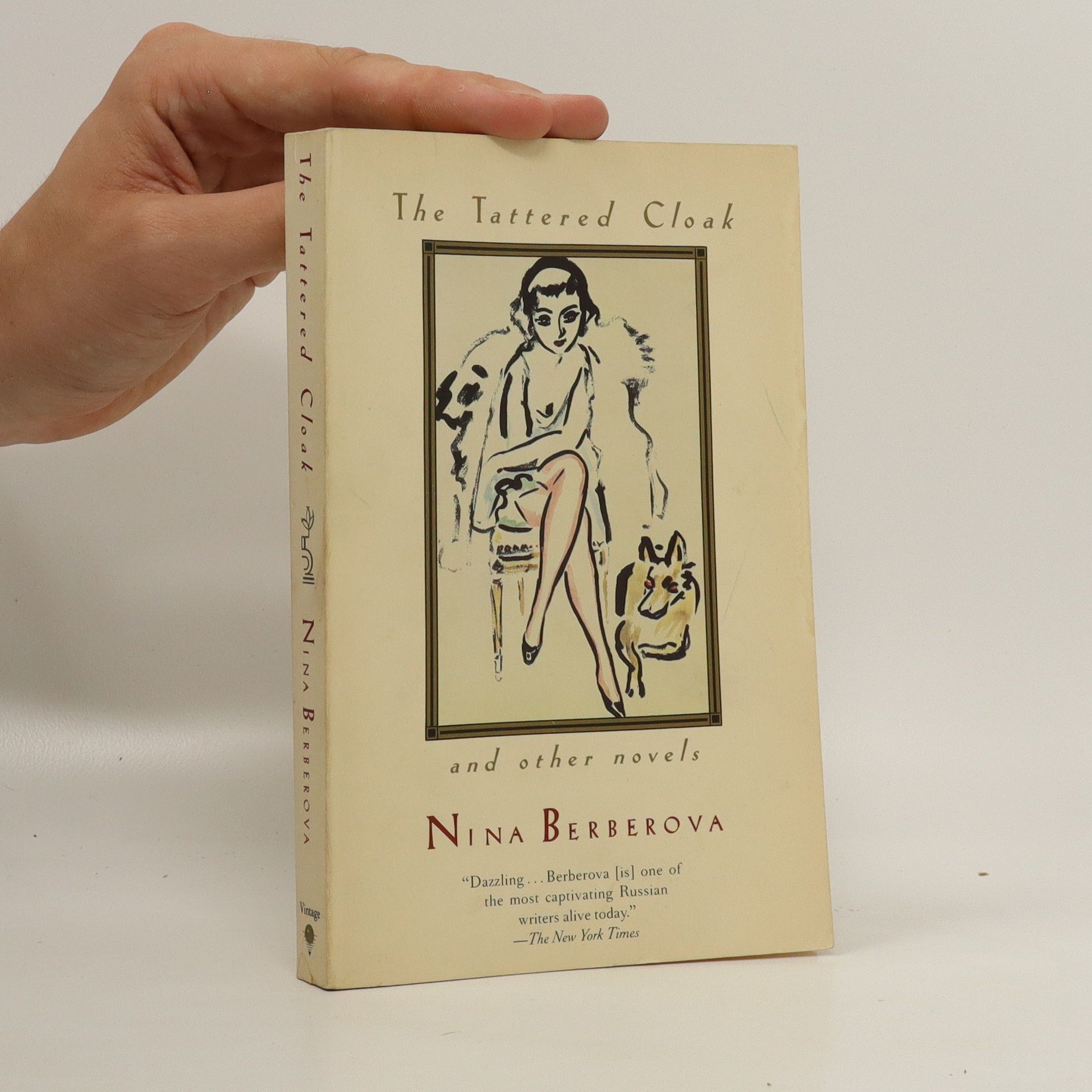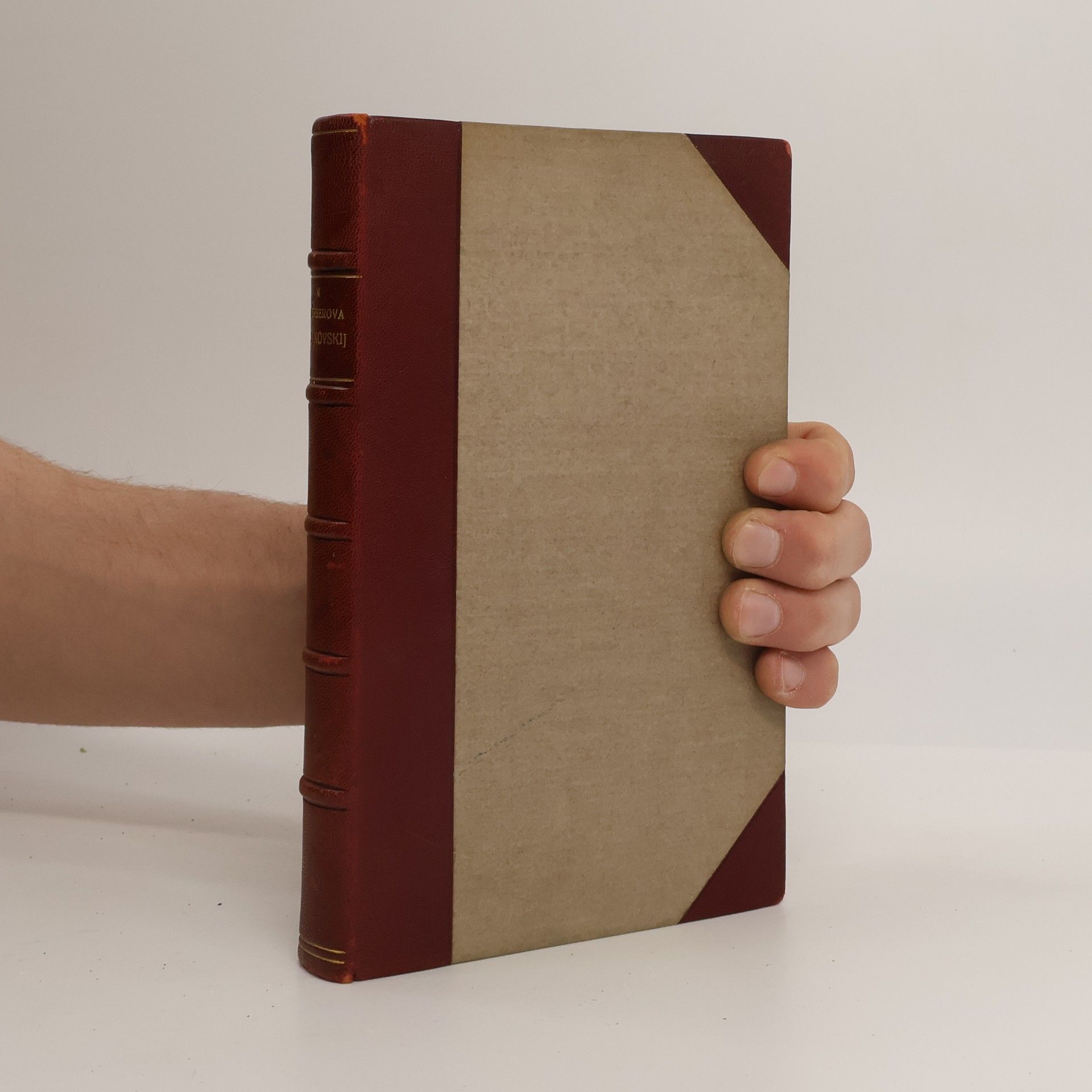Il corsivo è mio
- 593pagine
- 21 ore di lettura
Che ne facciamo della visione tragica della vita in cui siamo stati educati? La tragedia mi fu data come terreno di vita: noi, nati tra il 1900 e il 1910, siamo cresciuti in essa, l'abbiamo assimilata, ma ora che è finita e inizia l'epos, ho il diritto di non prendermi troppo sul serio. Prima di giungere a questa conclusione, l'autrice traccia la storia della sua vita, un'opera pubblicata nel 1969 che si distingue per intensità e ricchezza testimoniale. La narrazione abbraccia la Russia prima, durante e dopo la rivoluzione, il mondo degli esiliati russi tra le due guerre, attraversando Berlino, Praga, Parigi e infine l'America, dove ha vissuto a lungo. In questo contesto, si alternano figure vivide come Blok, Pasternak, Cvetaeva, Belyj, Chodasevic, Remizov, Jakobson e Nabokov, tutti delineati con la spavalda nettezza della narratrice. Questo libro restituisce con precisione l'atmosfera fosca e vibrante che ha avvolto la vita di molti grandi russi del secolo, dispersi in Europa. Procedendo attraverso gli anni, il tempo si rivela come un «ordito che non si può comperare, né scambiare, né rubare», nel quale l'autrice intreccia sapientemente la sua vita, devota alla «crudelissima immanenza».


